Every day from the time we wake up to the time we go to bed, we aim to do it in the healthiest way possible. Hygiene plays a pivotal role, but with so many habits and tips circulating, it’s easy to become overwhelmed and misled. While we held on to our habits for years, we’ve never stopped wondering, what if they are just myths and misconceptions? From the effectiveness of hand sanitizers to washing our hair daily to brushing our teeth twice daily, these habits may be causing more harm than good. Prepare yourself as we head onto the journey of debunking common myths of hygienic habits.
1. Reusing Towels
After a shower, most of us wipe ourselves down with a towel. But if you tend to reuse your towel, it might not be as clean as you’d expect it to be. Despite being clean after the shower, damp towels are the perfect environment for bacteria to grow, so leaving your towel out to use again next time might expose you to harmful bacteria.
One must avoid reusing towels or wash them after each use if possible so that the towels can be clean. But, if you must reuse a towel, prevent bacterial growth by making sure it’s able to dry thoroughly either by hanging or with a quick drier cycle.
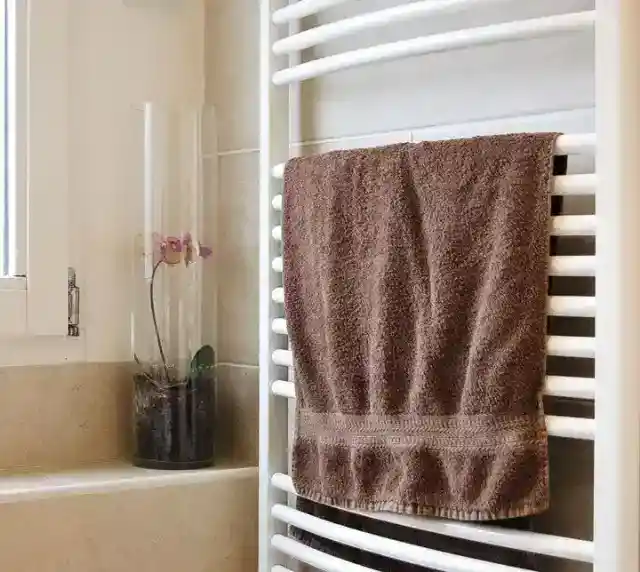

2. Walking Barefoot
Going barefoot can seem relaxing after a long day, but it has the potential to be dangerous. Walking shoeless can be risky if you suffer from foot ailments such as Plantar Fasciitis, Tendonitis, Morton’s Neuroma, or flat feet.
Walking barefoot indoors can strengthen foot muscles, stimulate your senses, and improve balance. But walking barefoot outdoors is dangerous, so be extremely cautious. Also consider your personal foot health, hygiene, and avoiding injury from sharp objects before deciding to let your little piggies loose.


3. Toilet Seats Are Unsanitary
What place gets more hygienic attention, the work desk or the toilet? If the answer is the latter, you may want to reconsider your answer. Toilet seats both at your home and in public are cleaner than you may think.
Toilet seats stay quite clean because our rear acts as natural barriers to germs, so even public toilet seats don’t get as dirty as surfaces we touch more often with our hands. Desk germs outnumber germs on public toilet seats from 400 to one. Pretty astonishing I would say. Toilet seats are also cleaner than kitchen cutting boards and toothbrush holders.
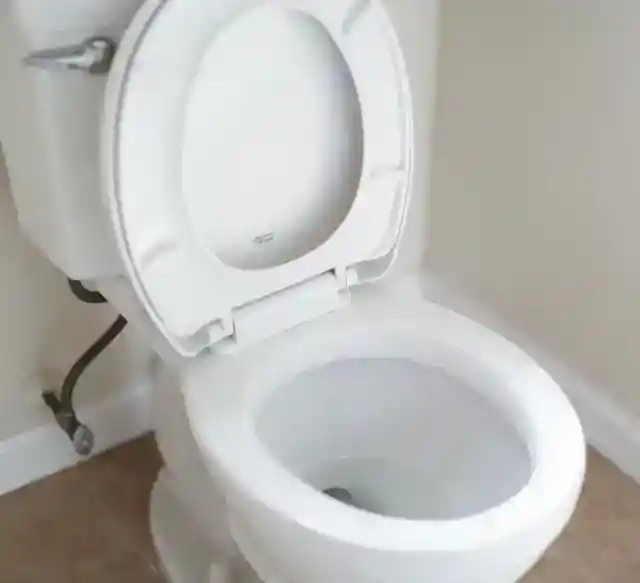
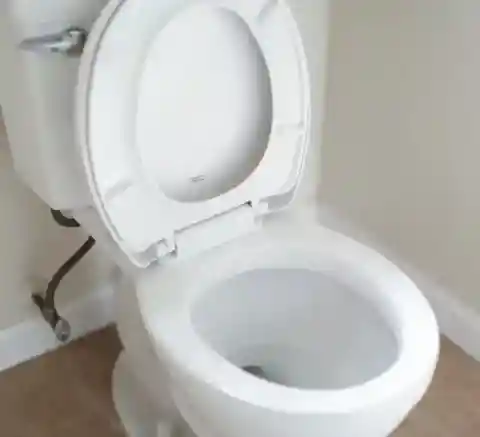
4. Not Washing Water Bottles Daily
Reusable water bottles save our mother Earth from pollution and our bodies from harmful chemicals and microplastics. However, all those benefits fall out of place if you neglect to wash your water bottle.
Bacteria transferred to the bottle from your mouth pose a serious risk to your health, plus they can be a breeding ground for toxic fungi. The best way to reduce icky stuff from growing in your water bottle daily is by washing it daily. This can be done with dish soap, water, and a specially designed bottle brush, though a normal sponge on a stick can also do the trick.
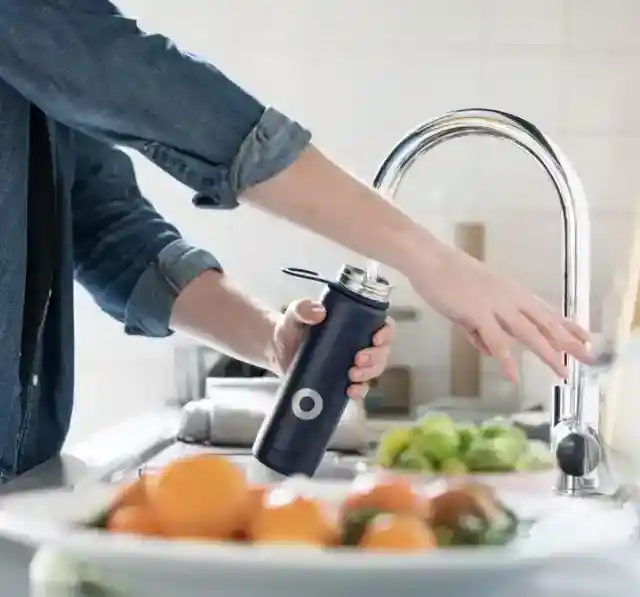
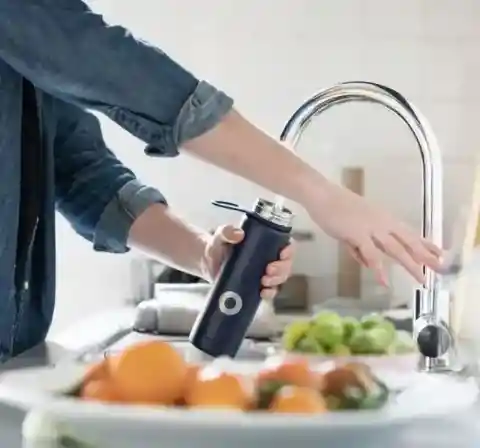
5. Trick for Breathing Hot or Cold Air
Ever tried the "Haaah" and "Hooo" tricks to produce hot and cold air? Well, don't hold your breath, it's just hot air. The temperature you exhale has nothing to do with the shape of your mouth or the sound you make. It's all about your body temperature and the air you inhale.
Your lungs are a toasty 98.6°F (37°C), so your breath is usually warm. The only way to exhale cooler air is to inhale cold air first. So next time someone tries to impress you with this party trick, you can blow them away by explaining this theory.


6. Moisturizing your Skin Healthy
Moisturizers have elements that keep our skin young and healthy, but that doesn’t mean you should be applying an insane amount of it on your skin. Skin produces moisture in the form of oils, but when it detects moisture from another source, it responds by producing less oil on its own. Doing this too much can break your skin’s natural barrier, causing clogged pores and breakouts.
Moisturizing consistently and limiting it to twice per day can help preserve the skin for a longer period. Cleaning your skin with a shower or using an exfoliating cream before moisturizing allows less product to be just as effective at giving you smooth, clear skin.


7. Washing Your Hair Once a Week
While some individuals swear by infrequent hair washing, most experts recommend washing your hair at least twice weekly. Over-washing can lead to dryness and breakage, but under-washing might cause clogged follicles, scalp irritation, and even hair loss. The ideal frequency depends on your hair type, lifestyle, and environment.
Fine-haired folks, gym enthusiasts, and those in humid climates may need daily washes, while others can stretch it to every two or three days. Dry or curly-haired folk might go longer between washes. The key is finding your sweet spot, there's no one-size-fits-all scalp health routine.
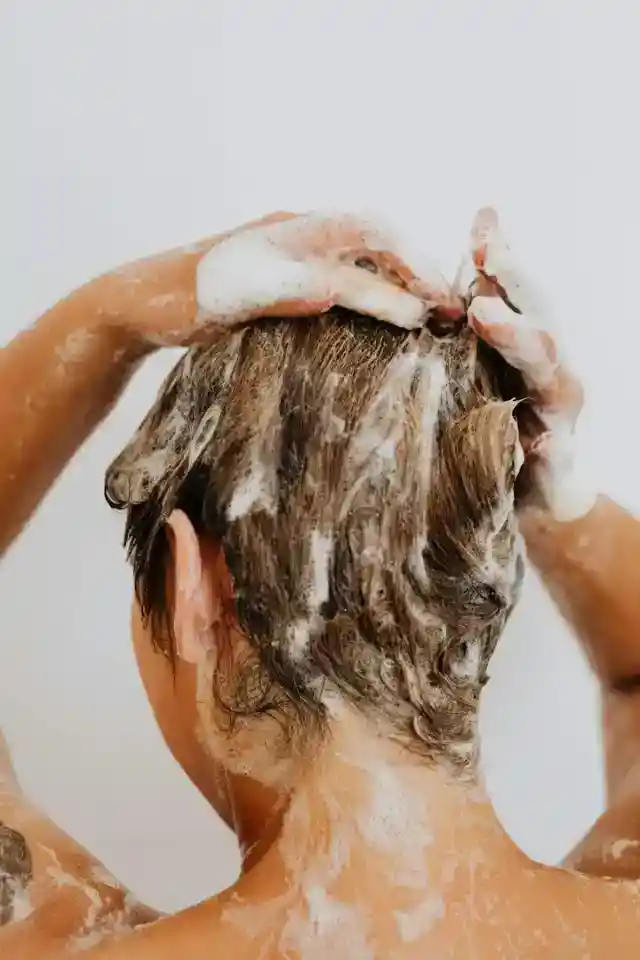
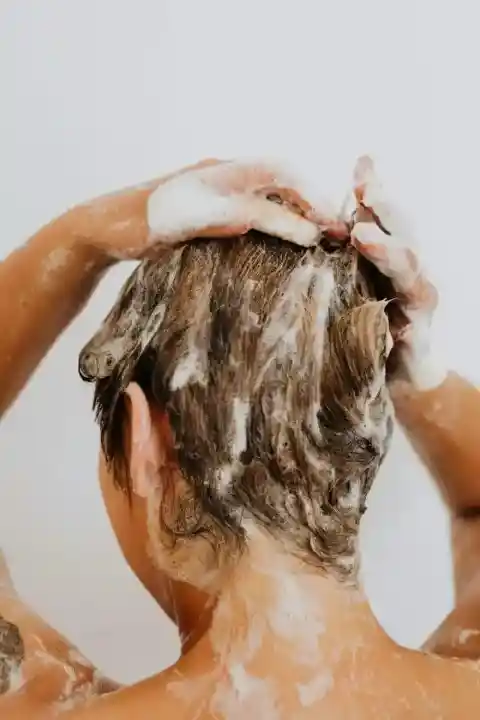
8. Women’s Menstrual Cycles Synchronize
Have you ever heard that women’s menstrual cycles sync up with each other? This myth can be traced back to a 1971 article published in ‘Nature’. In that article, Martha McClintock claimed that women experience menstrual synchrony after living together for several months.
It was proposed that menstrual cycles begin closer together due to pheromones or lunar phases, but there’s little to no evidence to support either of these hypotheses, neither among women nor any other species. Want to know the truth? Menstruation has a high chance of overlapping, which has been observed anecdotally over the decades.
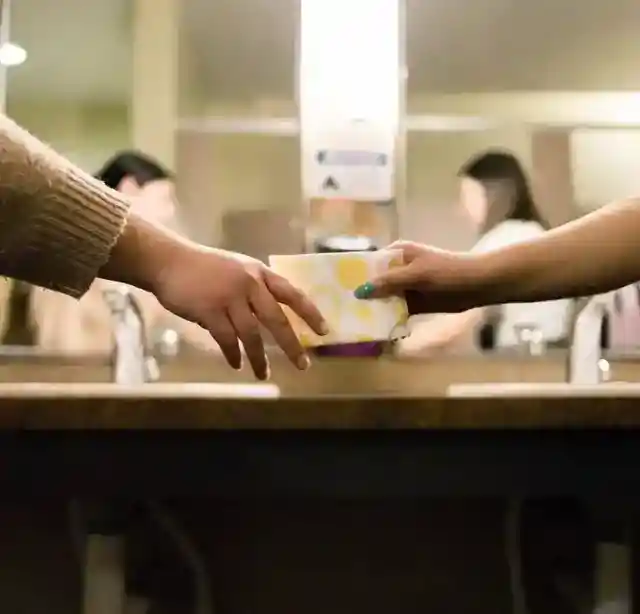

9. Not Cleaning Nail Clippers
Do you clean your nail clippers after using them? Well, you should be. Nail clippers collect dirt and germs from your nails. With time, bacteria can fester and may lead to an infection next time you use them. But don’t toss your old clippers in the trash just yet. They can be cleaned and reused.
Disinfect your clippers by submerging them in hot water mixed with soap or by placing them in boiling water. Don’t forget to scrub away any dirt stuck to the clippers using a brush. If your clippers are still dirty after all that, it may be time to replace them with a new pair.
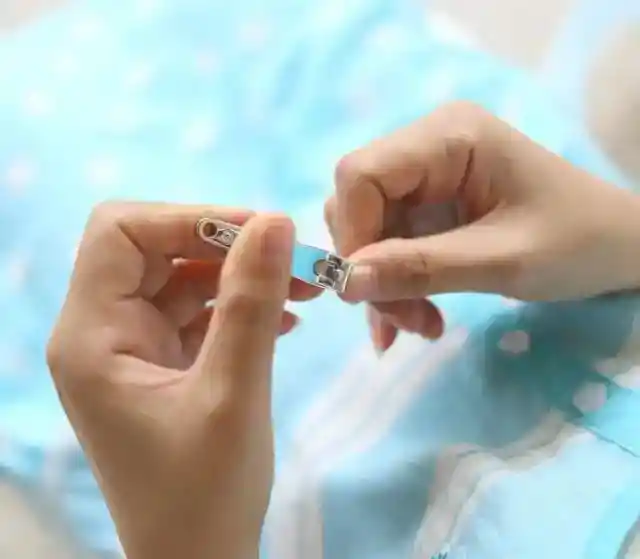
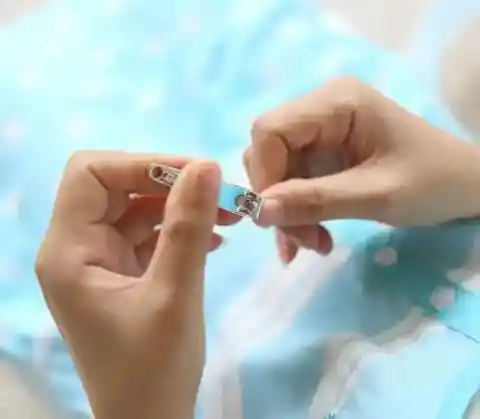
10. Obeying the Five-Second Rule
We’ve all heard the five-second rule, Food that’s dropped on the floor is ok to eat if picked up within five seconds. While it’s true that the longer it spends on the floor the more bacteria get on your food, the five-second rule has been disproven by scientists multiple times.
Bacteria are more likely to stick to wet food, making it riskier to eat off the floor than dry food. When it comes to the type of surface, you’ll be surprised to learn that carpets transfer less bacteria to food than harder surfaces like steel or tile.


11. Sugar Causes Cavities
Sugar is often labeled as the culprit behind cavities, but the truth is more complex. Consuming sugary foods and drinks can increase your risk of developing cavities, but it’s not sugar alone that is a part of it, carbohydrates are the real contributors to cavities.
Bacteria in our mouth digest carbs and release damaging acids. Acidic foods and drinks further contribute to this process. The key to preventing cavities is maintaining good oral hygiene habits like regular brushing, flossing, hydrating properly, and going for regular dental check-ups.
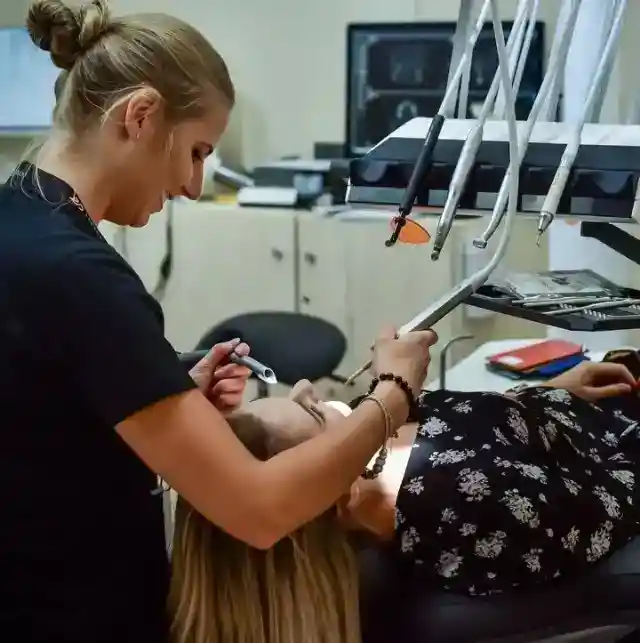
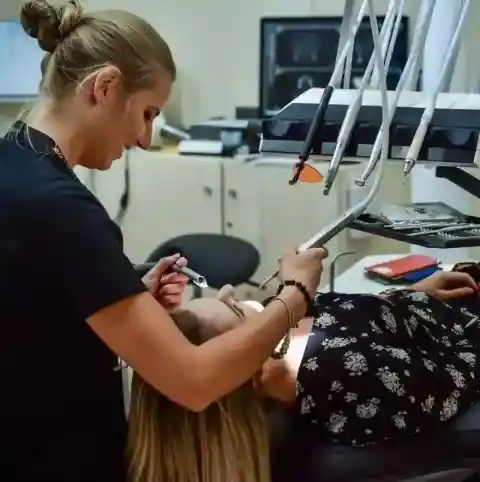
12. Hairiness Correlates with Intelligence
Ever heard that body hair is a sign of intelligence? Well, don't start growing out your chest hair just yet. While a 22-year study in India suggested that there is a link between body hair and IQ, the evidence is far from conclusive. The research found that medical students and high-achieving scholars tend to be hairier than average.
However, correlation doesn't equal causation. Factors like genetics, hormones, and ethnicity play significant roles in body hair growth. So before you ditch your razor in hopes of boosting your IQ, remember that true intelligence isn't skin deep or deep hair, for that matter.


13. Hair Washing Frequency Affects Bacterial Growth
The fact that overwashing your hair can lead to various issues, and leaving your hair unwashed for too long is very dangerous. Dead skin and bacteria build up around the hair follicles, which causes hair to smell bad and can lead to serious rashes and infections if left unaddressed.
Good hair hygiene doesn’t necessarily mean washing it daily. Washing your hair every two or three days is sufficient which ultimately depends on the hair types.
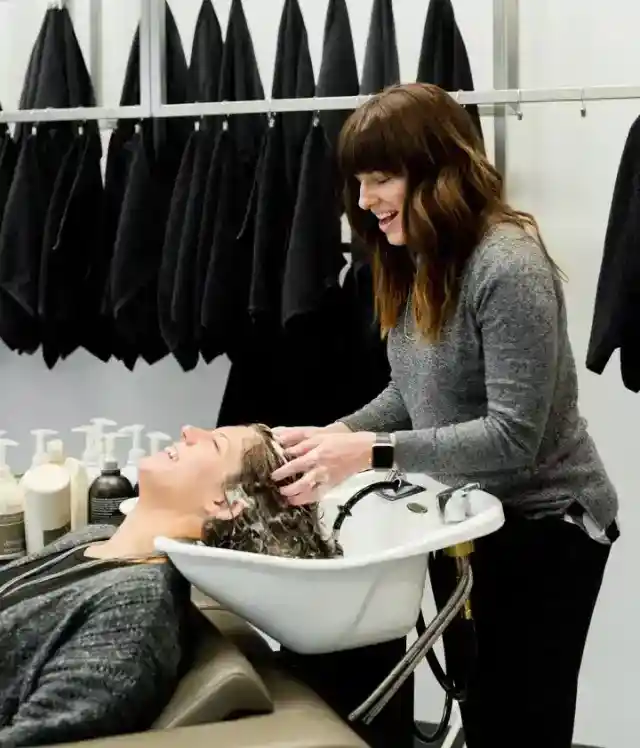
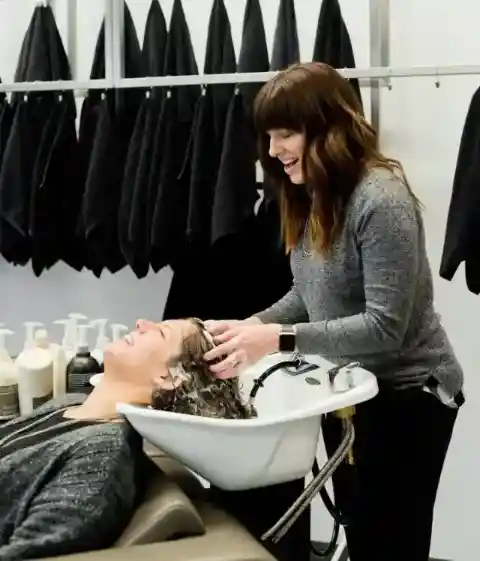
14. Any Hand Sanitizer is Handy
There's nothing wrong with always having a bottle of hand sanitizer on your desk. But how do you know that your sanitizer stash is repelling germs? Turns out that hand sanitizers containing under 60% isopropyl can't adequately deal with microscopic bacteria or germs.
Effective hand sanitizers must consist mostly of a disinfectant. But beware, some hand sanitizers are contaminated with harmful ingredients like methanol. Always read the ingredients and research that your hand sanitizer is safe to use.
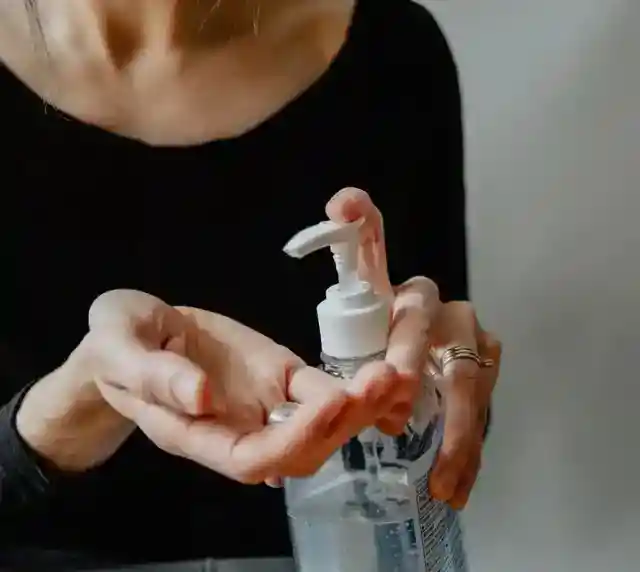
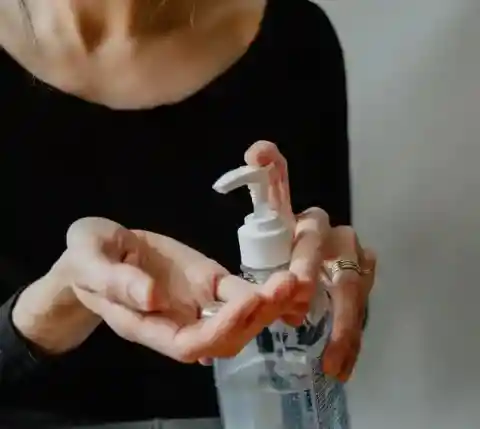
15. Taking Hot Showers
To calm our nerves down after a long day, we end up taking a hot shower. But, did you know that hot water can be harmful to your skin? Hot water strips the skin of its natural oils, causing dryness and irritation, especially when it’s cold outside.
If you can’t avoid hot showers altogether, the next best solution is to limit them to two minutes. It also helps to moisturize after the shower to keep your skin hydrated.
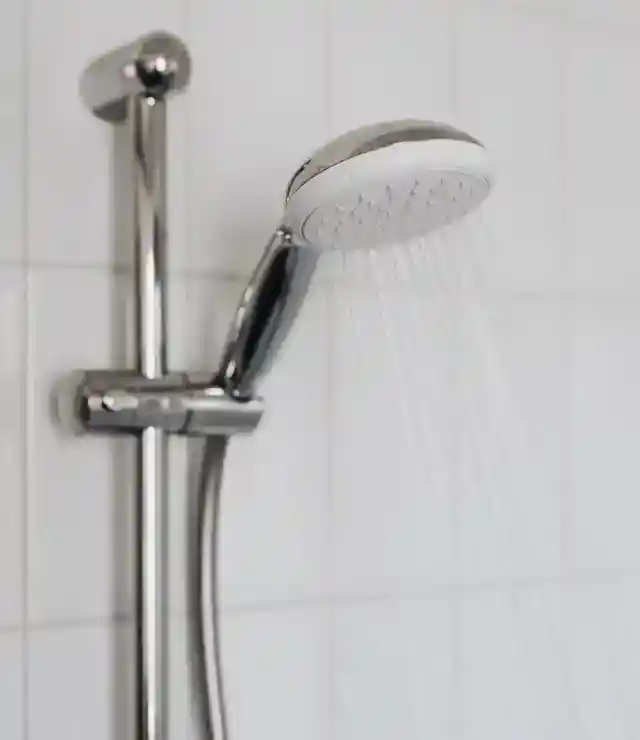
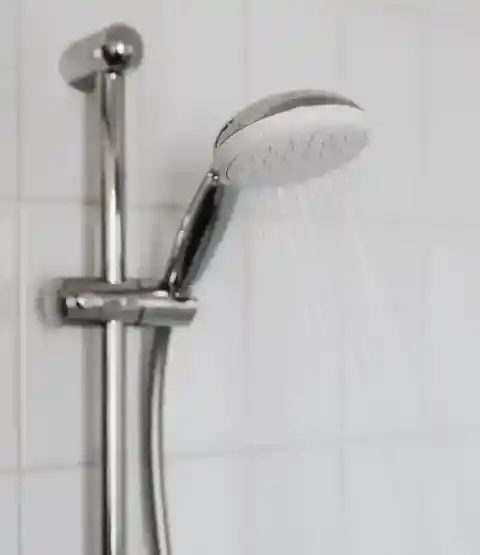
16. Using Mouthwash Too Often
Is using mouthwash more than once a day good for oral hygiene? Well, think again. Antiseptic rinses are an effective way to remove bacteria and prevent infections and gingivitis, but mouthwashing more than once every 24 hours can cause long-term harm.
Overusing mouthwash can stain your teeth or cause dry mouth, sensitivity, sores, and even oral cancer. It can also exacerbate bad breath and cavities, things you’re probably trying to avoid in the first place.
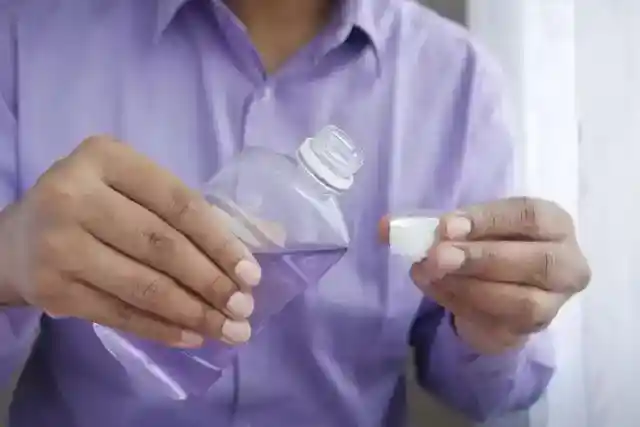
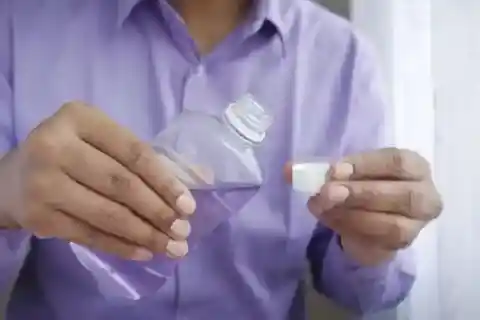
17. Washing Your Hair Once a Week
While most people wash their hair rarely, most hair experts recommend sudsing up at least twice weekly. Over-washing can lead to dryness and breakage, but under-washing might cause clogged follicles, scalp irritation, and even hair loss. The ideal frequency depends on your hair type, lifestyle, and environment.
Fine-haired folks, gym enthusiasts, and those in humid climates may need daily washes, while others can stretch it to every two or three days. Dry or curly-haired folk might go longer between washes. The key is finding your sweet spot, there's no one-size-fits-all scalp health routine.
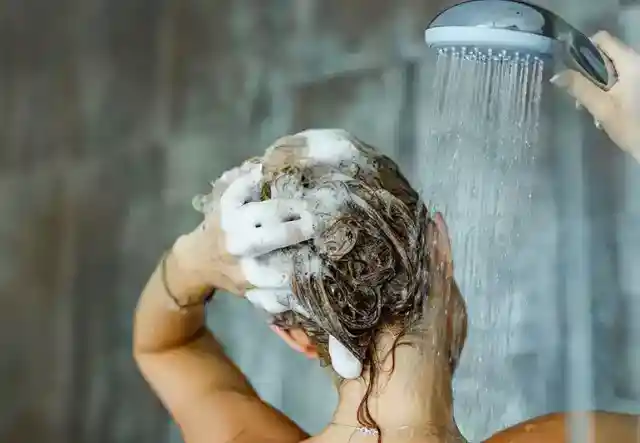
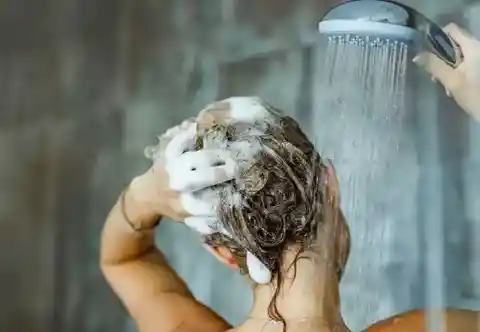
18. Keeping a Toothbrush for Too Long
Though we use toothbrushes to clean our teeth, they can be a petri dish where bacteria thrive. Keeping your toothbrush for too long, storing it near other people’s toothbrushes, or sharing toothbrushes (gross!) are all things you should avoid due to infection risks and other health implications.
It’s best to keep your toothbrush for no longer than three months. Look out for signs that your toothbrush is worn down—such as frayed bristles—to know when it’s time to get a new one. Also, try to keep your toothbrush in a dry place and away from toilets (we’ll discuss why later).
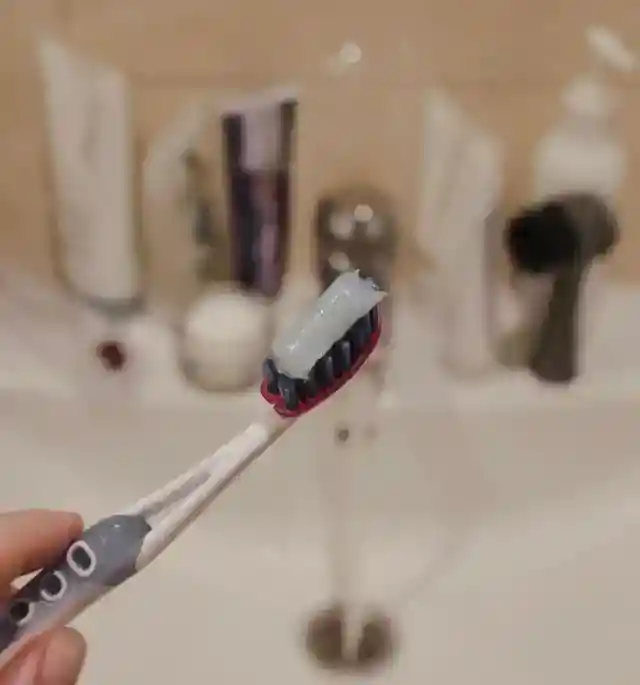
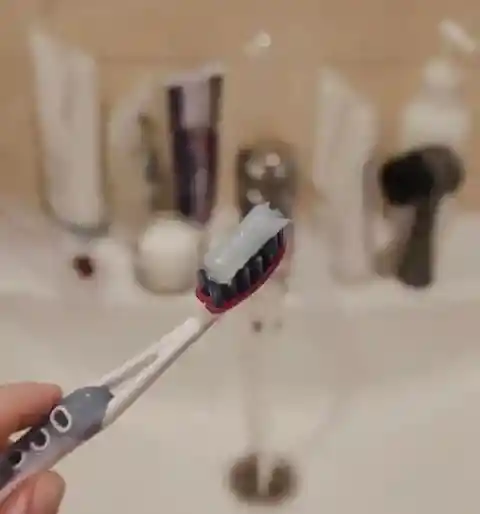
19. Eyelash Extensions Can’t Hurt Your Eyes
Eyelash extensions are fabulous, but not properly caring for them can have severe implications. Unclean extensions can attract dust and dirt, causing scabs and swelling. They can also harbor mites, similar to head lice, leading to itches and redness. Neglected extensions can weaken your natural lashes and attract bacteria and fungi, increasing the risk of irritation, inflammation, and infection.
It's crucial to clean your extensions regularly with a gentle, foam-based cleanser, avoid oil-based products and waterproof mascara, and limit water exposure, especially in the first 24 hours after application.
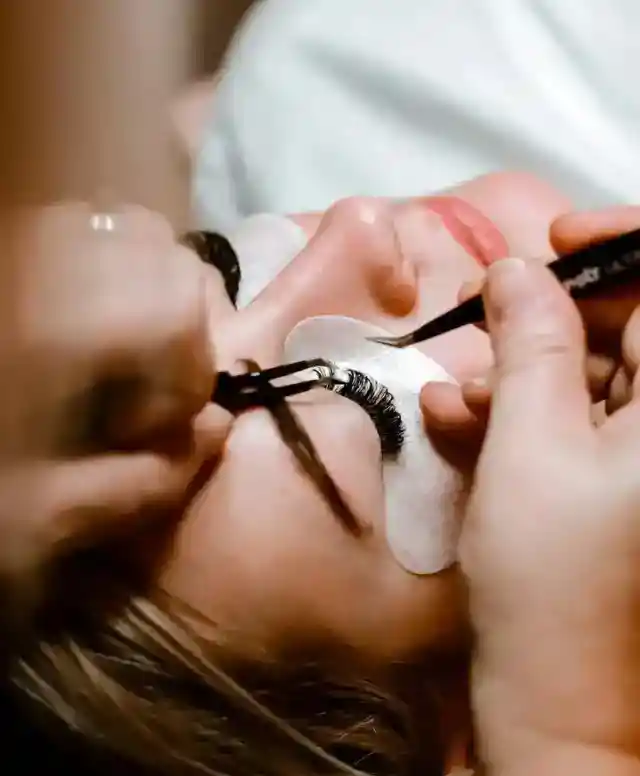
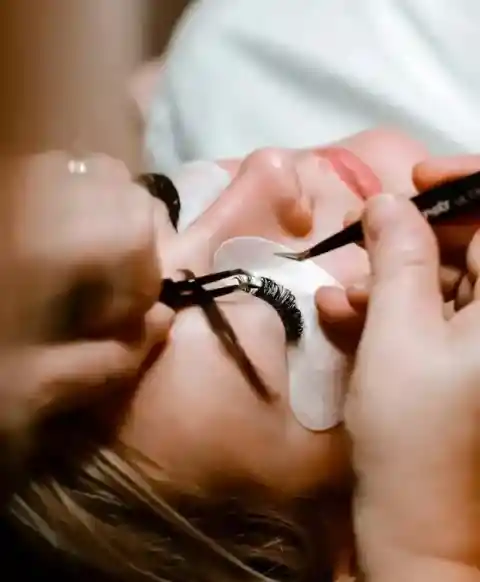
20. Soaking Dishes
It might seem convenient to leave dishes soaking in the sink, but this can become a breeding ground for bacteria. This warm, damp environment is perfect for bacterial growth, leading to potential health risks.
It’s better to wash dishes promptly after use since it's easier to clean grease and residue off of warm cookware. Be sure to discard leftovers before soaking dishes, and ensure the sink is properly cleaned after soaking. Good kitchen hygiene is not only about cooking but also about keeping a clean and safe environment.
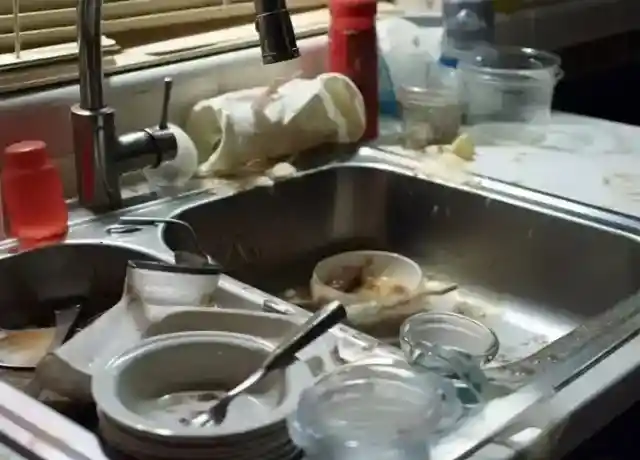
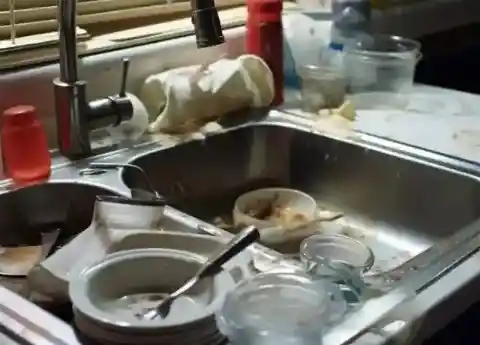
21. Not Cleaning Your Keyboard
Let’s talk about keyboards, they may look clean, but your laptop or desktop keyboard isn’t germ-free. Whether or not you can see how dirty your keyboard is, wiping it down frequently with a disinfectant wipe is a must.
In addition to wiping off those pesky germs, you should also clean underneath the keys. If you can’t remove your keys, use an air duster, a cheap can of pressurized air you can buy at electronics stores to remove debris trapped underneath.
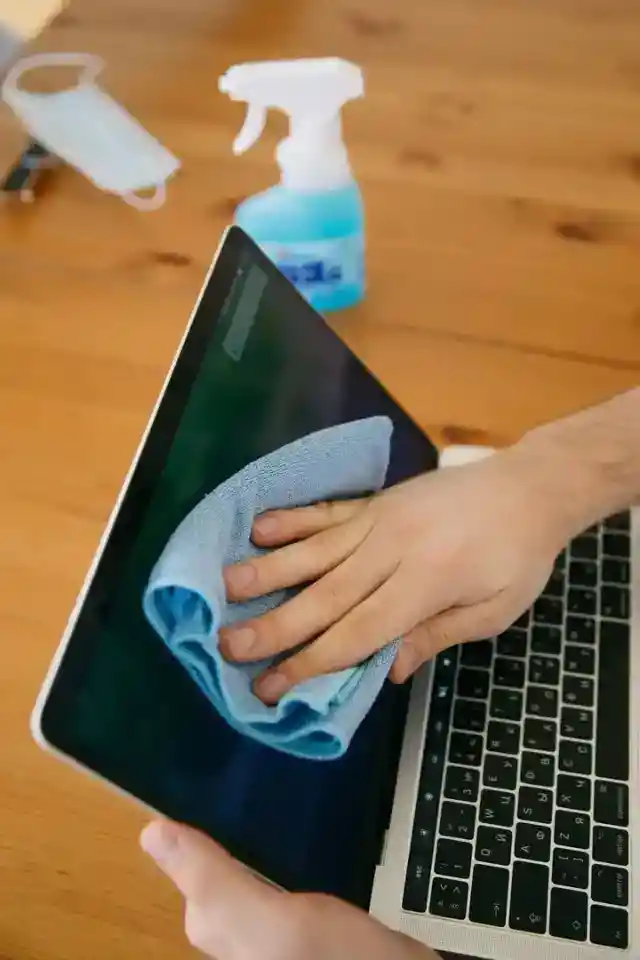
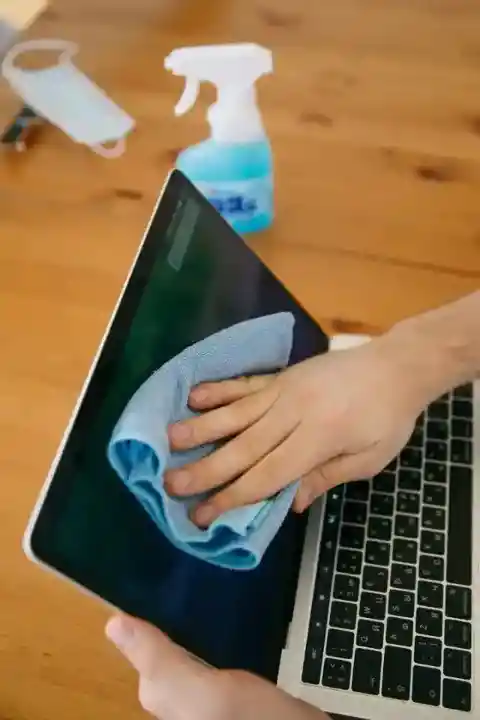
22. Sleeping With Pajamas
Does sleeping naked make sense? Not only is the answer yes, but it’s recommended to sleep without undergarments. Wearing tight clothes during sleep can trap moisture in sensitive areas, which is especially risky for women since they face certain bacterial infections.
While it's better to sleep without clothes to give your body a chance to breathe, if you wear undergarments to sleep for comfort reasons, it’s ideal to wash or change them each night. As feeling comfortable is equally important.
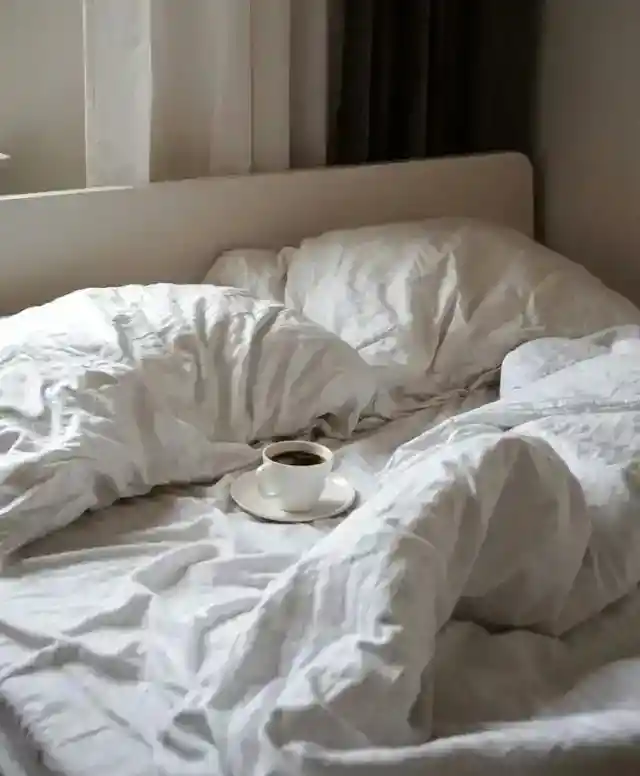

23. Brushing Your Teeth Harder is Better
The harder you brush your teeth, the cleaner they will be. Seems logical, right? The opposite may be true, as brushing your teeth too hard strips away enamel and increases the likelihood of cavities and gum disease.
There’s no reason to brush your teeth too hard or vigorously. Any plaque buildup on your teeth should come off with a normal amount of pressure. If your toothbrush is frayed or softened bristles aren’t fitting the bill, it may be time to replace it with a new one.
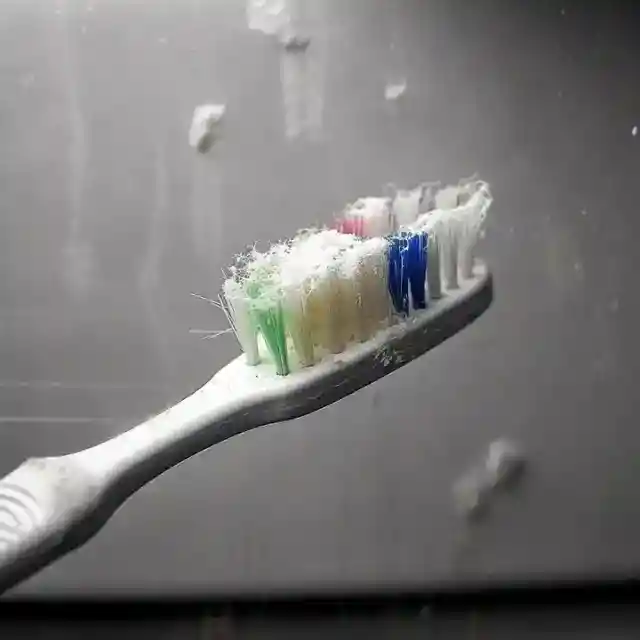
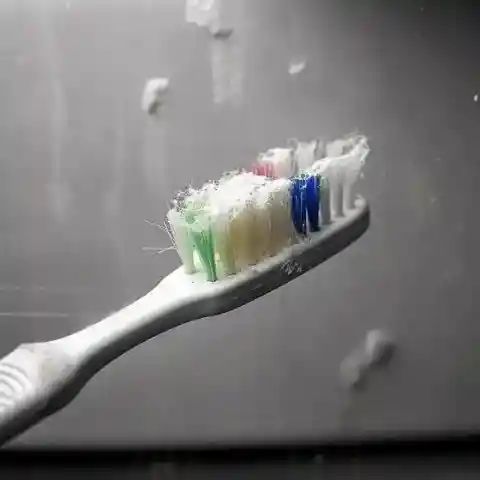
24. Sharing Your Hairbrush
It’s no secret that hair brushes get dirty quickly, so it’s quite clear that sharing your hairbrush with your bestie is a no-no, and using someone else’s hairbrush is dangerous as well. Hair brushes can act as a vehicle for transmitting bacteria, fungi, and viruses, potentially resulting in skin and scalp problems.
The scalp is a thriving habitat for harmful microorganisms, so sharing hair brushes increases the risk of spreading lice and other diseases such as ringworm, scabies, and staph infections. The takeaway is simple, avoid sharing hair brushes to maintain good hygiene.
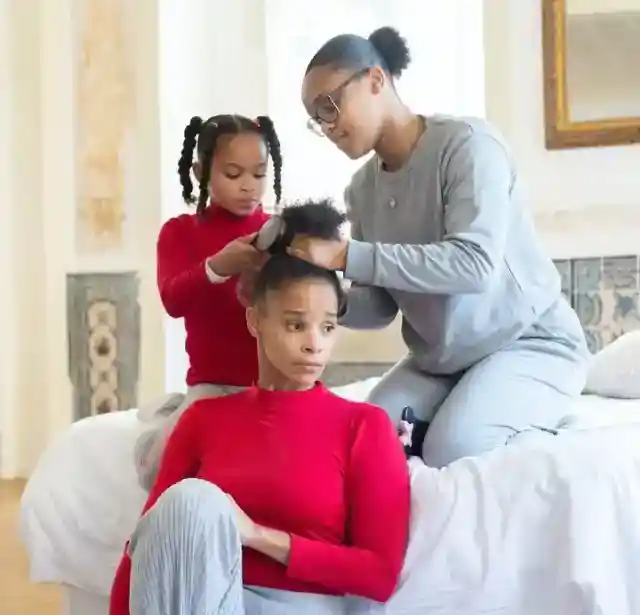
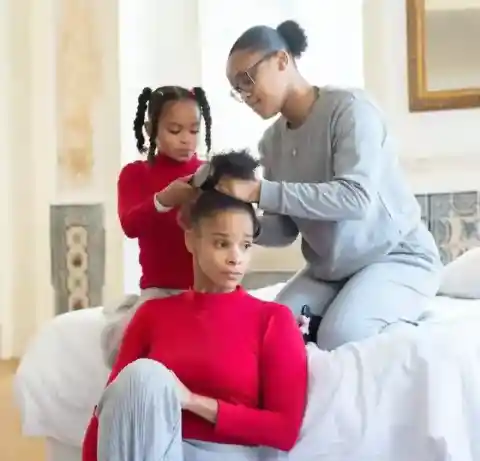
25. Feather Dusters Are Effective at Cleaning
Feather dusters are the classic, trusty tool we use to remove dust from hard-to-reach corners and crevices. But what if I told you that their appeal is nothing more than nostalgia? That’s right, feather dusters are deceivingly ineffective at removing dust.
Feather dusters spread dust around, launching them in the air, causing cross-contamination, and irritating your respiratory system. Try using microfiber cloths instead, they’re an environmentally friendly alternative that’s more effective at trapping dust particles.
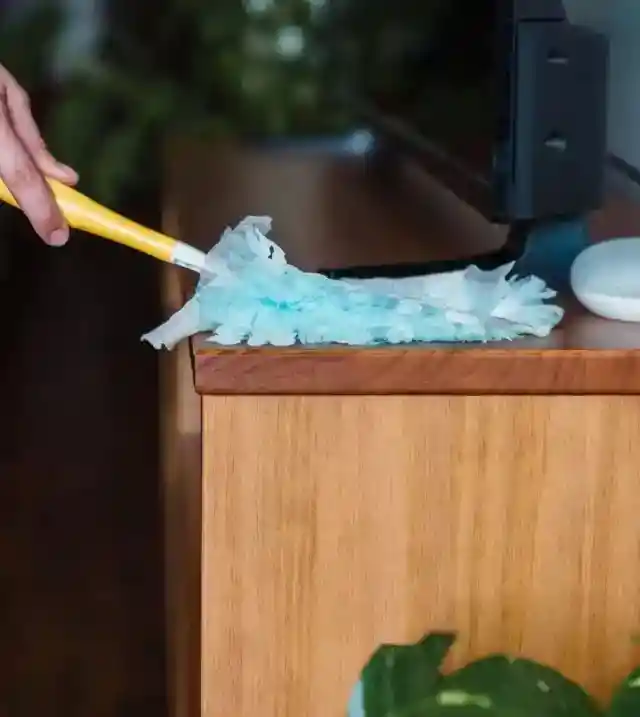
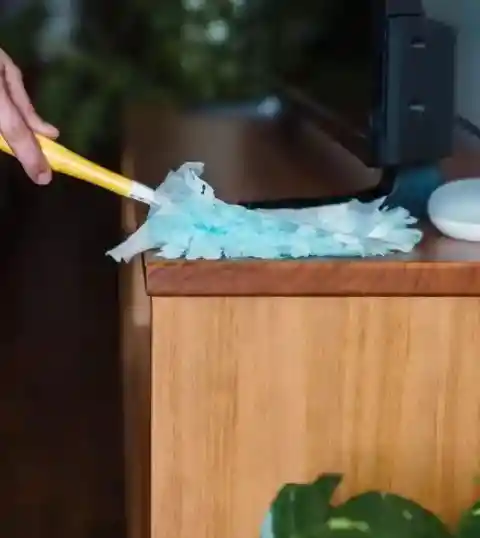
26. Wearing Acrylic Nails
Acrylic nails may seem beautiful, but they have an ugly side. Wearing acrylic nails for too long can damage your natural nails, making them more likely to break or get infected. The longer you keep them on bacteria, will multiply and wreak havoc on your nails.
It’s advised to take a break from wearing acrylic nails every two to three weeks. If you notice your nails getting weaker, lifting, peeling, or chipping are common signs. It is advised to take a long break from wearing acrylics.
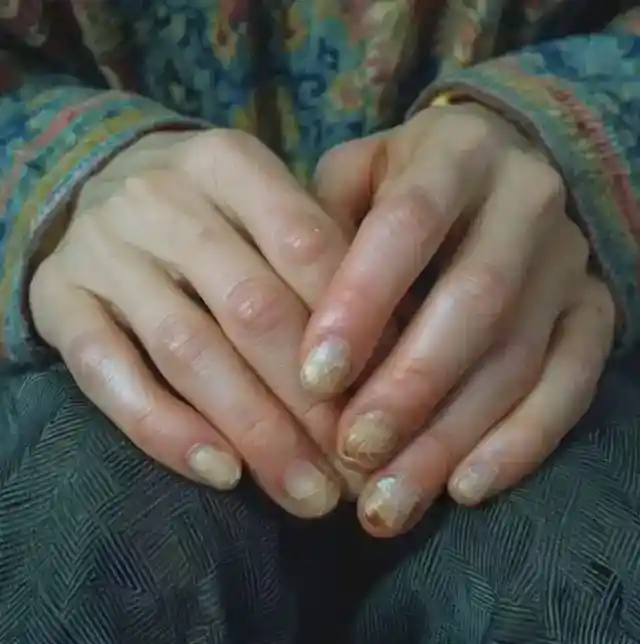
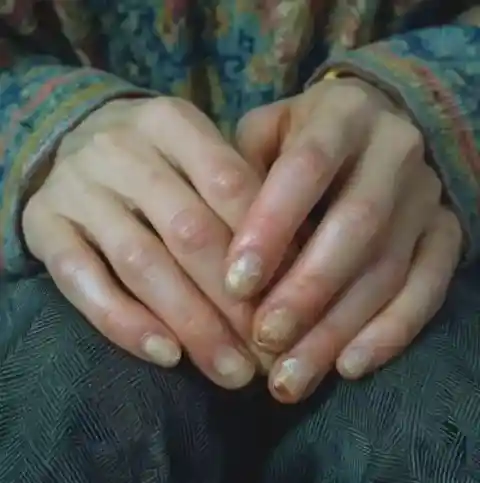
27. Not Brushing Your Teeth for Long Enough
Timing plays a crucial role in brushing your teeth. Despite the dentist's recommendation to brush your teeth for two minutes, most people brush for about 45 seconds. But timing, though important, isn’t everything.
Perfect your brushing technique by paying careful attention to the angle, employing short strokes, and ensuring you cover all surfaces of your teeth and tongue. Those precious two minutes of brushing time are an invaluable investment in your smile.


28. Using a Dirty Hairbrush
Hair brushes accumulate dust, dead skin cells, and product residue, which can contribute to scalp irritation and hair breakage. Dirty hair brushes can harbor bacteria and fungi, leading to possible scalp infections. But there's a simple solution to these dangers, clean your hairbrush regularly.
Soak your hairbrush in warm water with mild shampoo or soap and scrub away the residue with a small brush. Then, rinse it thoroughly and allow it to air dry completely. Remember, your hairbrush's cleanliness plays a significant role in maintaining the health of your hair and scalp.
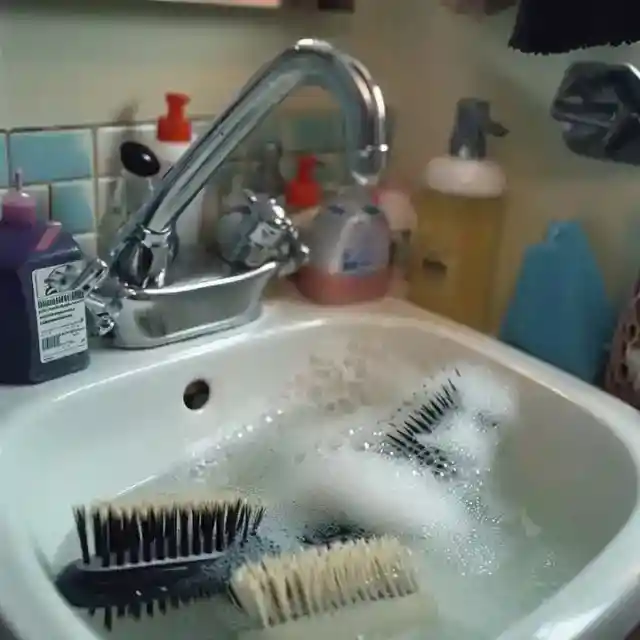
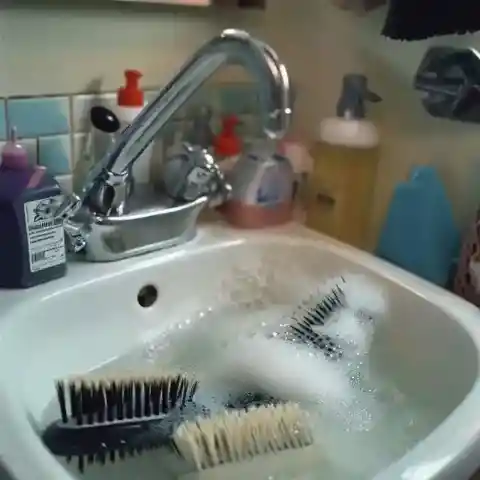
29. Not Cleaning Your Phone
Our phones are among the most frequently touched personal items, making them a hotbed of dirt and bacteria. If you aren’t cleaning your phone every day, you should consider doing so. In terms of bacteria per square inch, phones are dirtier than doorknobs, self-checkout screens, and even toilet seats, none of which we hold up to our faces as we do with phones.
Make it a habit of wiping your phone daily with an antibacterial solution. Make sure your phone is unplugged before cleaning it and that you dry it off with an absorbent lint-free cloth after disinfecting it.
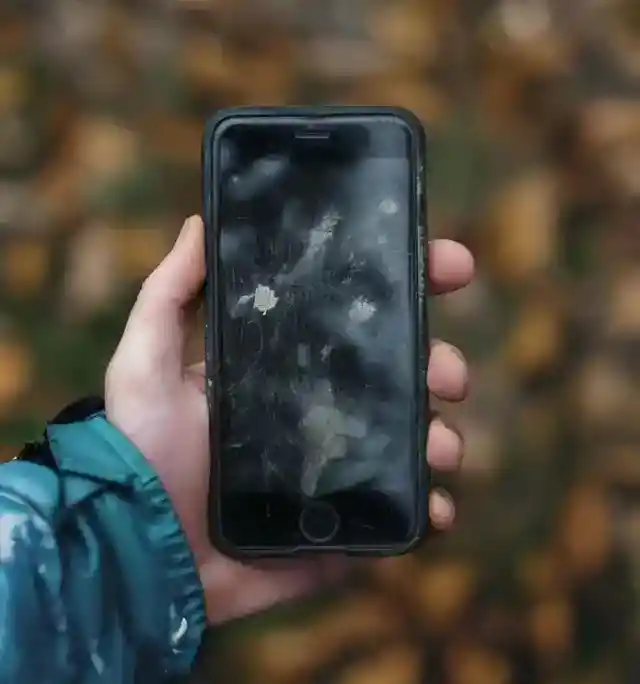

30. Touching Your Face Often
We touch our faces on an average of 500 and 800 times per day. Touching your face can be a reflex, an unconscious form of communication, or a coping mechanism for things like anxiety. While this behavior may seem benign, it’s unhygienic and can lead to skin breakouts, viruses, and respiratory infections.
While it’s okay to touch your face with clean hands, you can avoid face touching by keeping your hands busy, wearing gloves or jewelry, or using a fragrant hand lotion or perfume that reminds you of your unsanitary habit.


31. Using a Dirty Makeup Brush
Cleaning your makeup brushes isn't just a matter of better makeup application, it’s an integral part of maintaining healthy skin. Dirty brushes accumulate bacteria, dirt, and old makeup, which can clog your pores and cause breakouts or infections.
Ensuring your brushes are properly cleaned not only extends their lifespan but also reduces the risk of skin problems and health issues. Wiping off excess makeup and cleaning bristles in a warm water-shampoo mixture will make your skin look healthier and improve makeup application.
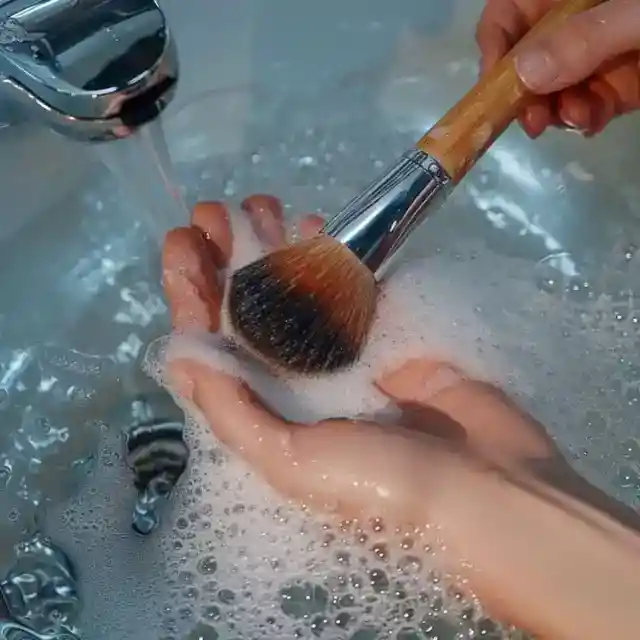
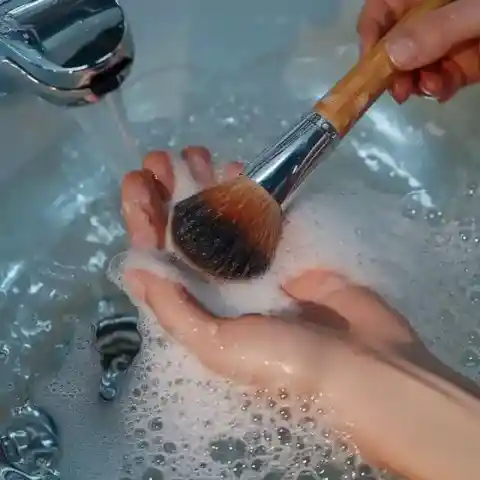
32. Not Cleaning the Office
Bacteria festers on the surfaces we touch every day, especially when those spaces are shared. From pens to water coolers, it’s important to keep work areas clean by regularly disinfecting them.
Using disinfectant wipes on surfaces like desks and armrests is great, but not enough, this is where a strong hand sanitizer comes in handy. In times when soap and water are out of reach, using hand sanitizer is a great way to finish off any straggling bacteria after having lunch with Jill from HR.


33. Toothpaste Tubes' Hidden Messages
Have you ever noticed that your toothpaste tubes have little colored rectangles at the end? You may have heard rumors that these squares indicate the origins of the toothpaste’s ingredients, such as whether they are derived naturally or contain medication. We’re here to reveal the truth about these mysterious little squares.
The truth is that they don’t mean anything, at least to us humans. During the manufacturing process, light sensors use these squares to indicate where the end of the tube is so that the machine cuts and seals them properly.
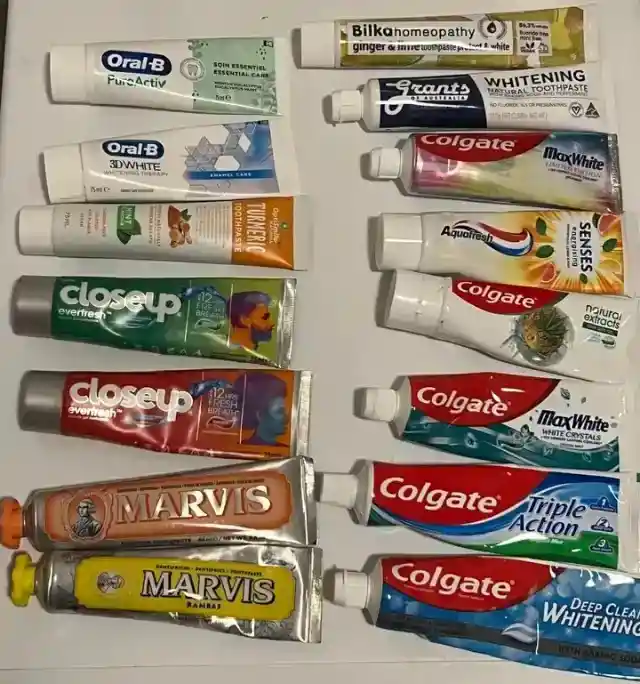
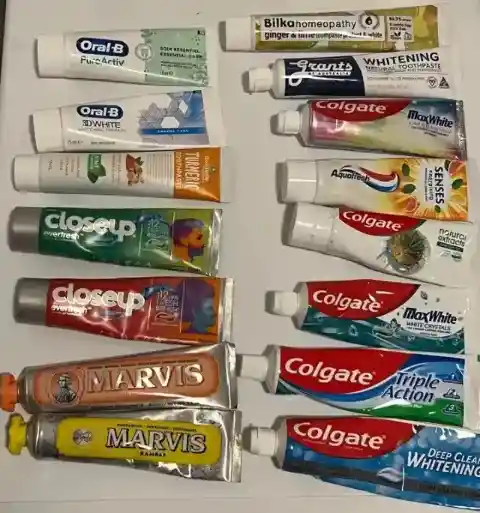
34. Not Cleaning TV Remotes
Watching your favorite shows can be relaxing, but you might not be so relaxed after learning what's on your remote. Television remotes can get super dirty, especially if shared with family members or roommates. It’s recommended to clean them at least monthly as well as after someone in your household gets sick.
Aside from bacteria, remotes can get grimy and dirt can build up around the buttons. That’s why regular deep cleanings, using a toothpick and disinfectant wipes can keep it clean. Dry your remote afterward and voila, you’re back to watching your favorite TV shows or movies.


33. Storing Your Toothbrush By the Toilet
Toothbrushes are crucial tools for oral hygiene, but many people make the crucial mistake of storing them near the dirtiest object in the room, the toilet. It’s common to leave your toothbrush in a cup next to the sink, but leaving it exposed to the air can be a serious problem when it’s sharing the room with a toilet.
Flushing the toilet sends water, urine, feces, and pathogens into the air. If you can see your toothbrush from your toilet, it’s likely getting rained on by those icky juices. Avoid this by keeping your toothbrush in the medicine cabinet. This simple thing will keep your toothbrush clean and healthy for you.
34. More Cleaning Product Equals Better Results
The more cleaning products you use, the cleaner your surface will be, this seemingly rational line of thinking is false. The truth is that harsh chemical cleaners must be properly diluted or you risk corroding your surfaces, leaving harmful residues, and allowing microbes to fester.
Start by mixing the product with the recommended ratio of water before usage to avoid overusing. If you don’t know how much is to be used, go for the lesser amount before adding more. Also, it doesn't hurt to read the instructions on the chemicals you’re using and be familiar with their safety risks.
35. Leaving Eye Makeup On
Mascara and eyeliners can be the finishing touches that complete your look. However, neglecting to remove eye makeup can pose significant risks to your eye health. Leaving eye makeup on can cause irritation, infections, and even blindness due to the sensitive and delicate nature of the skin surrounding your eyes.
It’s important to remove makeup properly and treat the skin around your eye with care. Use a gentle remover, always cleanse your hands before touching your face, and rinse off any remaining residues with a mild cleanser. Proper eye makeup removal is more than a beauty routine, it's essential for maintaining your overall eye health.
36. Not Washing Your Sheets Regularly
We love laying in bed after a long day full of activities, but danger can be lurking in your unwashed sheets. Laying in a dirty bed can attract dust mites and cause ailments like ringworm and even pneumonia. Frequent sheet washing is crucial to avoid fungal and bacterial infections.
While the average person changes their sheets up to every 35 days, it’s recommended to change sheets once a week to avoid sharing them with hazardous germs. Doing things like changing sheets after you’re sick and keeping pets off the bed reduces the risk of infection and can even lead to better sleep.
37. Kitchen Sponges Are Clean
While kitchen sponges are associated with cleanliness, this isn’t always the case. Sponges can host as much bacteria as the inside of a toilet. While not all of it is dangerous, some of it can make you seriously sick.
Avoid your sponge getting moldy by putting it in the dishwasher on a heated dry cycle or placing your wet sponge in the microwave for a minute. However, it’s safer to just throw your sponge away, especially after using it to deal with raw meat.
38. Washing Your Hair Daily
Your shampoo bottle might say to “Apply daily”, but don’t let this fool you. Overwashing strips your hair of its natural oils and can cause damage. How frequently you wash your hair depends on your hair type, scalp texture, and how oily your hair gets.
Rinsing your hair with water a few times per week can be enough for most people, and shampooing can be done as little as once every week or two. Tailor your hair-washing routine to your personal needs and preferences.
39. Healthy Teeth Are Pearly White
While yellow teeth are associated with poor oral hygiene, this isn’t necessarily true. Pearly white teeth may look better in selfies, but dental health isn’t based on color alone. The truth is that teeth may darken as their outer layer of enamel naturally wears off, revealing the off-white dentin underneath.
Not everyone’s teeth are naturally white, so don’t worry if your teeth aren’t pure white. Factors that impact teeth color like aging, genetics, or diet, don’t all correspond with dental health. Habits like smoking and drinking coffee can stain teeth, but these aren’t associated with plaque or bacteria buildup, which are the true culprits of oral hygiene.
40. Brushing Your Teeth Twice Per Day
If there’s anything you can’t hide from your dentist, it’s the plaque buildup and inflammation. These are telltale signs of poor oral hygiene. Brushing your teeth removes plaque and food particles, but how you do it is just as important as being consistent in brushing your teeth.
While some dentists tell their patients to brush twice per day, doing so once daily is sufficient. It’s more important to brush vigorously on every area of your teeth for two minutes. Additionally, flossing before brushing and using mouthwash afterward completes a well-rounded teeth-cleaning routine.
41. Using Pantyliners Daily
While wearing pantyliners may seem like a harmless practice, there’s more to it underneath the surface. Unlike breathable undergarments, pantyliners can trap moisture and cause bacterial infections. Plus, some absorbent pantyliners contain chemicals to which prolonged exposure can be harmful.
While it’s ok to wear them occasionally for aesthetic purposes or to address things like discharge and bladder leakage, it’s not recommended to wear them daily or for long durations. Since there’s no perfect alternative, it’s best to use pantyliners sparingly and to change them regularly.
42. Not Drying Your Body After You Shower
Though coming fresh out of the shower is associated with being shiny and clean, that’s not always the case if you’re not drying yourself properly. Drying every nook and corner of your body after the shower is crucial for preventing bacteria and fungi from growing in sensitive areas.
While towel drying is the best way to become moisture-free after the shower, drying yourself too vigorously can irritate your skin, especially if you’re sensitive. That’s why patting yourself dry or air-drying using a fan or hair dryer are better methods to get excess water off after showering.
43. Reusing Razors
Depending on how often you shave, reusing your razor can pose a major issue. It’s unusual to use a new razor for each shave, but you may want to if you know how much dead skin cells and bacteria they accumulate. Reusing dirty razors can lead to razor burns, irritation, ingrown hairs, infections, and more.
Even if your razor is still sharp, it’s a good idea to replace the blade every week. While you can stretch them out for longer if you don’t shave every day, it’s safer to change them more frequently depending on the type of razor.
44. Hot Water is a Must for Handwashing
If you were told that hot water is better for washing your hands, we have some news for you. It turns out that warm water is no better than cold water at cleaning your hands. Though boiling water indeed kills bacteria, it’ll burn your hands.
It’s best to avoid washing your hands with water that’s over 100°F(37°C) since contact with hot water can cause dry skin. Regardless of the water temperature you use, soap is a crucial weapon in the battle against bacteria.
45. Eco-Friendly Cleaners Aren’t Effective
Green cleaning brands claim to be just as effective as other brands without using toxic chemicals and environmentally harmful ingredients. But what’s the catch? The truth is that eco-friendly cleaning products are just as good or better than their traditional counterparts and are safer for the Earth and your body.
The brand you use is your choice, but there are benefits to using cleaning products with biodegradable ingredients. Eco-friendly cleaners lessen your damage to the environment and do the job without introducing chemicals that can irritate your skin or respiratory system.
46. Sanitary Product Packaging is Sterile
Every time you open a sanitary pad, you’re diligent to keep it clean until it’s placed where it needs to be. But what if we told you that you’re keeping your environment sterile for nothing? Yep, you’ve been lied to. Sanitary products are not sterilized when packaged, but the horror strikes deeper than you think.
When stored improperly, sanitary products can harbor bacteria and even mold. Using unsanitary liners or pads can lead to serious infections and even toxic shock syndrome (TSS). The best way to avoid this is to store your stash properly, restock regularly, and check expiration dates. Keep in mind that pads have a shelf life of five years.
47. Bras Don’t Need to Be Washed Frequently
Every time you wear an undergarment it collects sweat, dirt, and dead skin cells. Wearing a dirty bra can irritate your skin or lead to an infection, but that doesn’t necessarily mean they must be washed daily.
It’s recommended to wash bras every few wears, though washing them daily or putting them in the dryer can wear them down, making them less effective. The type of activities done while wearing a bra should determine how often it needs to be washed. For instance, we suggest washing undergarments after a workout or intense sweating.
48. Bleach is the Ultimate Cleaning Solution
Bleach is great at disinfecting surfaces and removing stains, but it’s not as versatile as you may think. In truth, bleach alone isn’t sufficient to remove dirt and debris from most surfaces if it isn’t combined with a gentler and less corrosive substance. On top of that, bleach has a secret downfall that most people don’t know about.
Bleach is super corrosive and harmful to both our bodies and surfaces, causing layers to degrade each time it’s used. Also, some germs develop bleach resistance, making them more durable and dangerous. So if you’re cleaning with bleach, it’s best to use it sparingly and highly diluted.
49. Cleaning Your Ears With Cotton Swabs
Did you know that Q-tips weren’t designed to clean ears? If you’re cleaning your ears with cotton swabs, you should stop. Using cotton swabs pushes earwax further down your ear canal, causing your body to produce more earwax and potentially contributing to hearing loss.
Placing a cotton swab in your ear risks damaging your eardrum if you push too deep. Cleaning the outside of your ears with a cotton swab is okay, but a damp towel after the shower can also be effective.
50. Leaving Your Laundry Basket Full
If your clothes are already dirty, it makes sense to put them in a pile with your other dirty laundry is best. But, leaving your dirty laundry in the hamper for too long allows bacteria to thrive. The longer you leave it, the more likely bacteria is to spread to other areas.
The solution is simple, wash your dirty clothes and linens regularly to avoid a pileup. The secret, however, is to wash the hamper as well. If it can’t be wiped down with a disinfectant, keep it germ-free by tossing it in with your next load.
51. Dental Health Doesn’t Impact Overall Wellness
While dental health may seem isolated, it holds a profound connection with your overall well-being. Ignoring your oral hygiene can pave the way for serious health conditions, including heart disease, pregnancy complications, and even severe infections. Moreover, chronic inflammation from gum disease has been linked with diabetes, Alzheimer's disease, and certain types of cancer.
Good oral hygiene practices like daily brushing, flossing, and regular dental check-ups safeguard not just your dental hygiene, but also your overall health. Your smile isn't just about aesthetics, it mirrors your total well-being and your confidence.